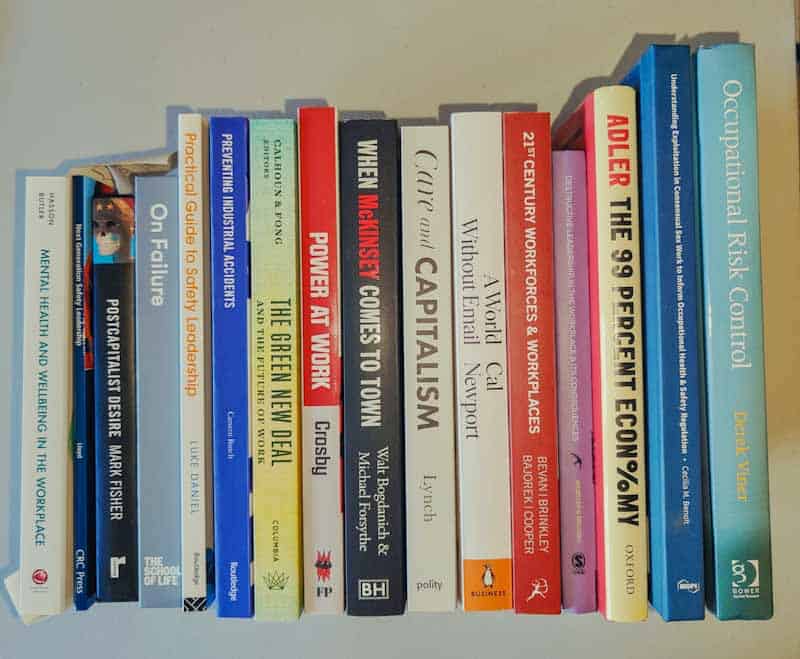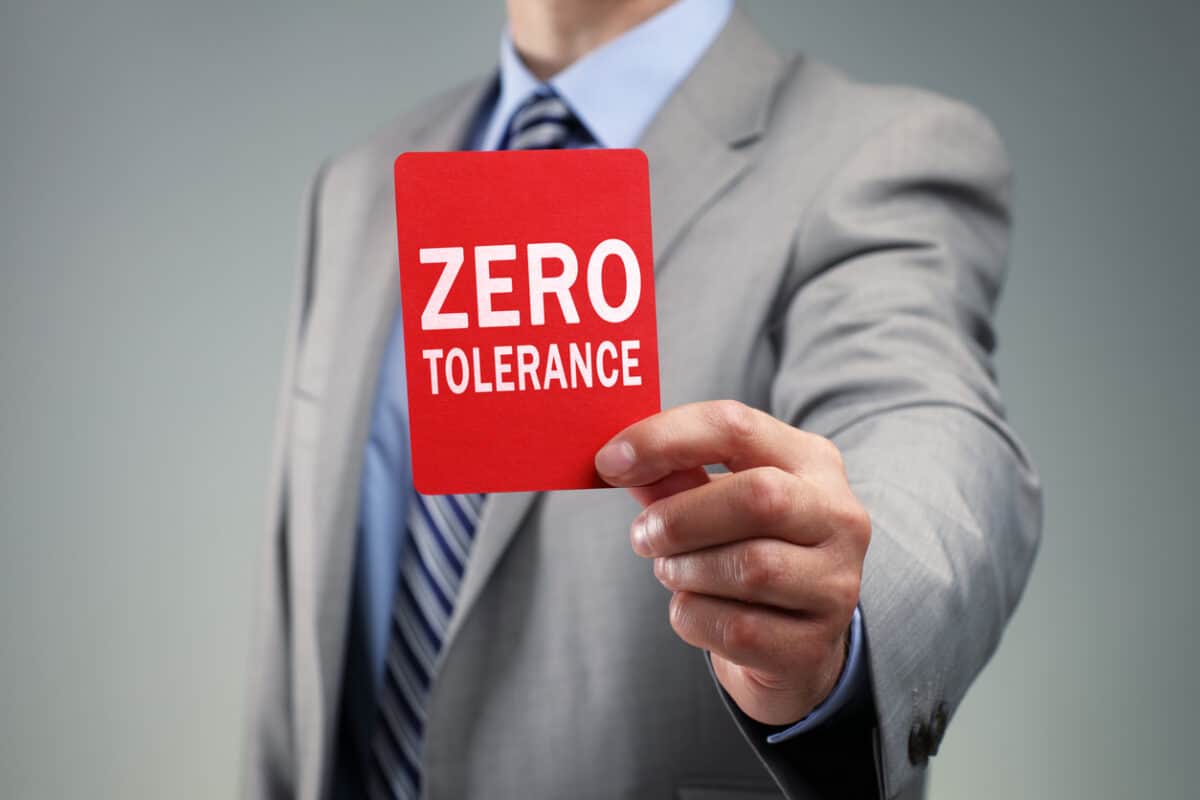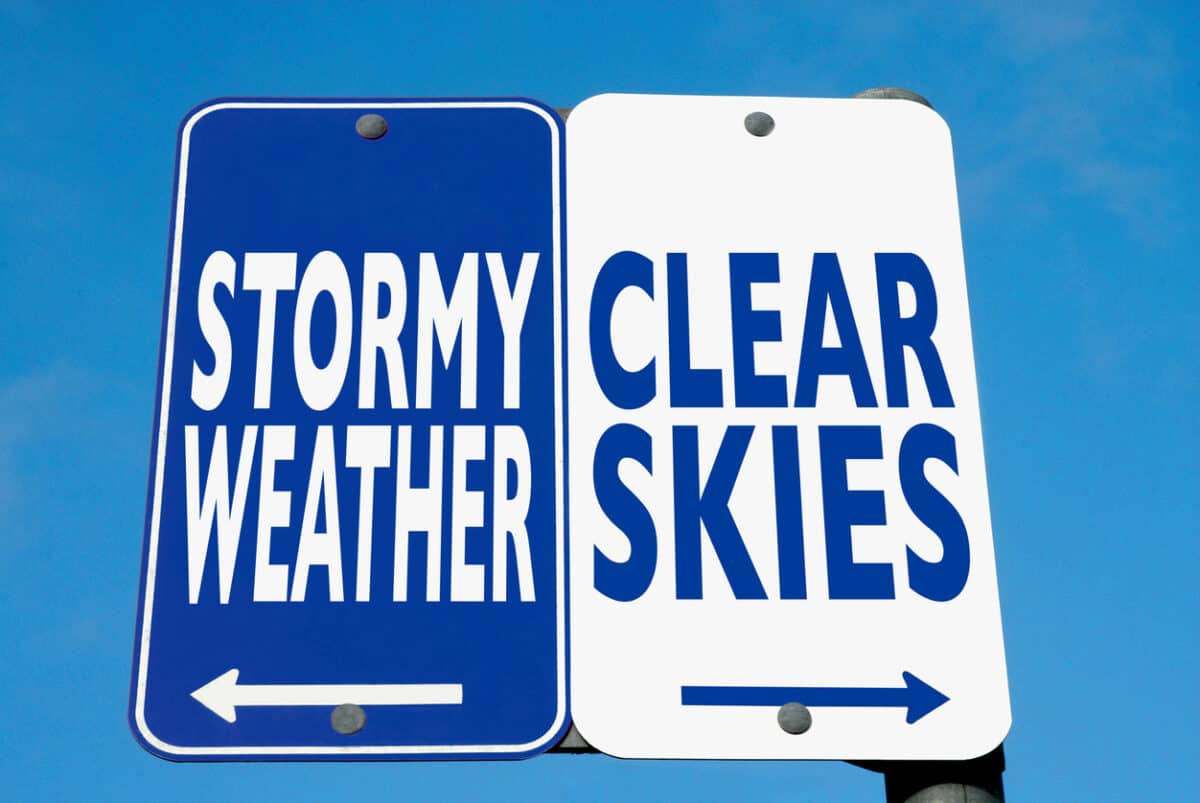I always separate the books I have yet to read from those I have read, or else I lose track and can miss important books. Below is a list of those books in the hope that subscribers could tell me which they found to be useful and important if they have read any of them.
I have provided links to the books, usually publishers’ pages or reviews if you are interested, and check for special offers. Not all the books are new but new to me.







